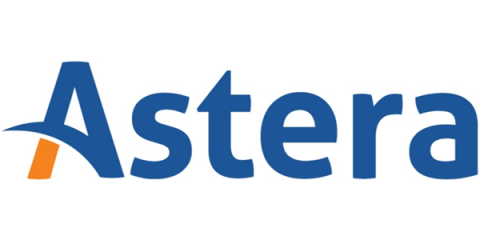10 KPIs to Measure the Impact of Intelligent Automation in Manufacturing Industry
Intelligent automation is transforming the manufacturing industry, optimizing operations, reducing costs, and enabling data-driven decision-making. However, to fully harness the potential of intelligent automation, manufacturers must measure its impact using specific Key Performance Indicators (KPIs). These metrics provide a comprehensive view of performance, help identify areas for improvement and demonstrate the value of automation to stakeholders.










